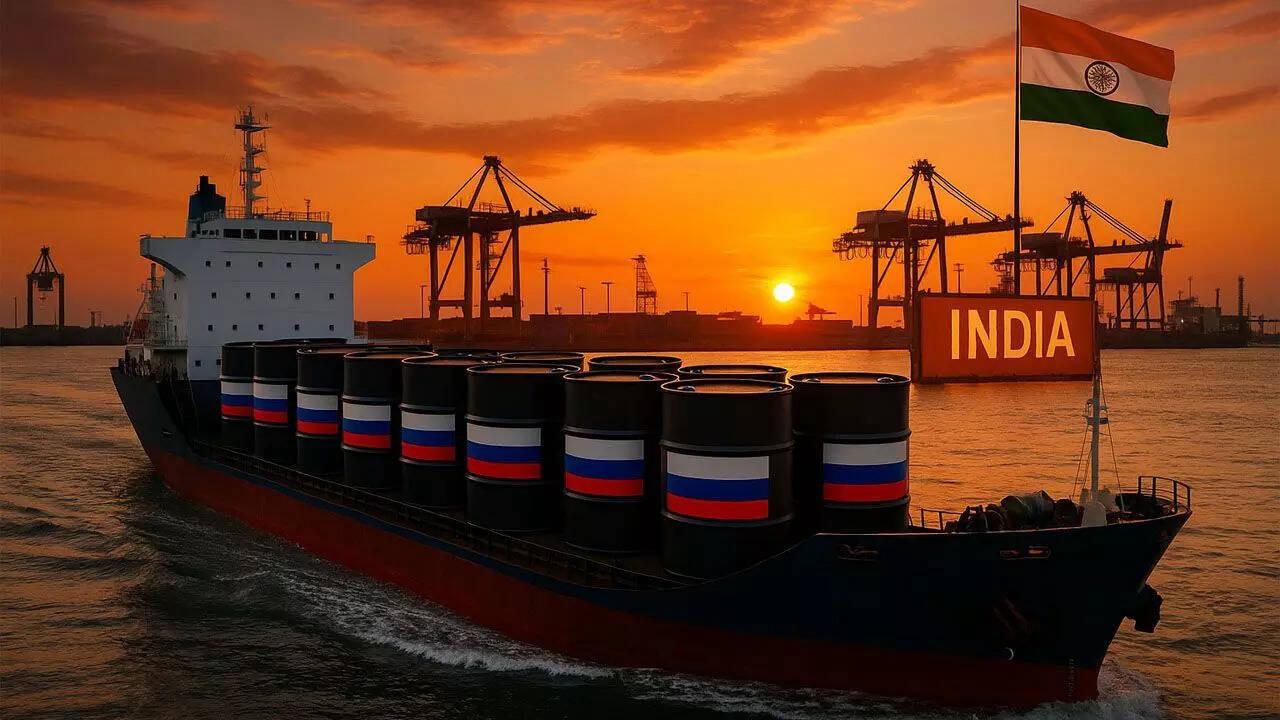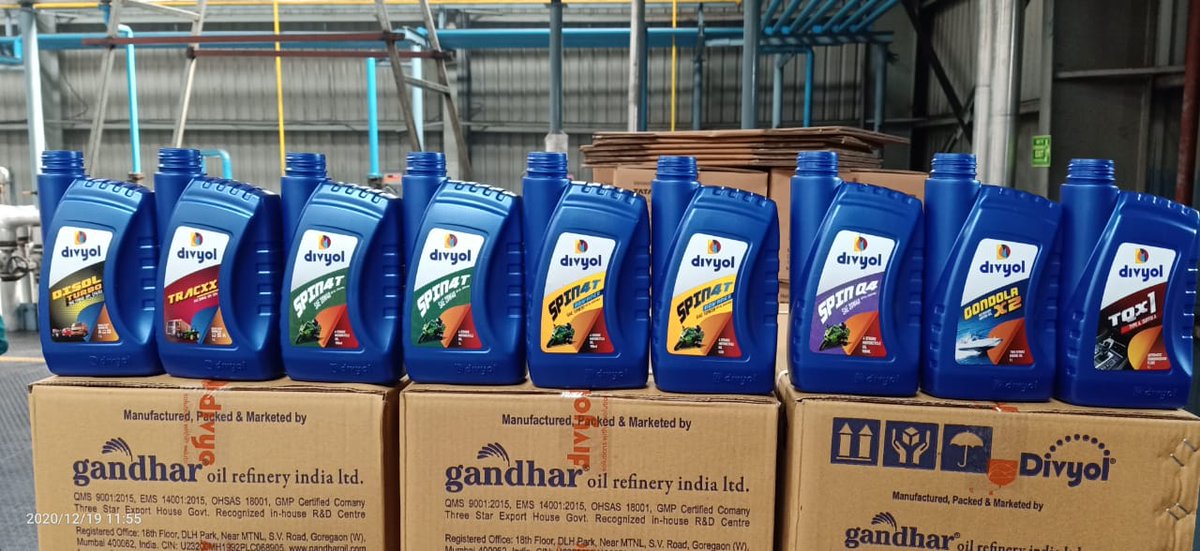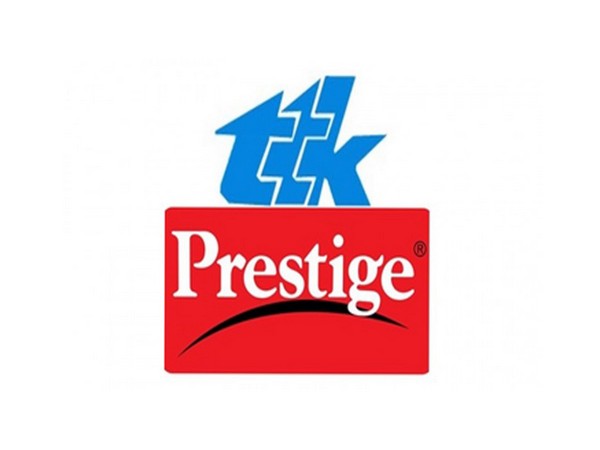 Image Source: Times Of India
Image Source: Times Of India
India has decisively rejected mounting pressure from the United States, affirming its right to procure crude oil from sources offering the most competitive prices, irrespective of geopolitical tensions. Amid heightened US tariffs targeting India’s imports of Russian crude oil, New Delhi’s envoy to Moscow, Vinay Kumar, underscored India’s unwavering stance on national energy security and commercial pragmatism.
Key Highlights: Assertive Position on Oil Imports and US Tariffs
India’s ambassador to Russia stressed that energy security for its 1.4 billion people is India’s overriding priority, and oil sourcing decisions are driven purely by market economics rather than external political pressure.
Despite the US imposing a 50% tariff on Indian exports—half linked to crude oil imports from Russia—India has remained steadfast, continuing crude purchases on the basis of best deals and supply stability.
Ambassador Kumar denounced US tariffs as “unfair, unreasonable, and unjustified” and highlighted the irony that other US allies and even the US itself continue commercial dealings with Russia.
India’s trade with Russia has expanded at approximately 10% annually, underscoring deepening economic ties notwithstanding Western sanctions.
Current Oil Import Dynamics and Strategic Diversification
India imported 4.55 million barrels per day (mbd) of crude in July 2025; Russia remains the top supplier with 1.4 mbd, followed by Iraq, Saudi Arabia, UAE, and Kuwait.
Imports from the US surged 23% in July compared to June, reflecting India’s efforts to diversify.
Indian refiners acquired significant volumes from non-Russian sources including the US, Brazil, and Libya, particularly in reaction to geopolitical pressures.
Seasonal refinery maintenance partly led to a slight monthly dip in imports, not geopolitical disruptions.
Confronting US Trade Tensions and Strategic Implications
The Trump administration’s tariff escalation forms part of a broader effort to curb Russia’s revenue streams linked to the Ukraine war by targeting buyers like India.
India faces a complex dilemma: balancing geopolitical relations, trade ties with the US—its largest export market—with long-standing strategic and economic ties to Russia.
Indian leadership, including External Affairs Minister S. Jaishankar and Commerce Minister Piyush Goyal, defended India’s trade independence and cautioned against external coercion interfering with sovereign economic decisions.
Analysts view India’s stance as a nuanced assertion of policy autonomy amid great power rivalries, with implications for shifting global alliances.
Economic and Geopolitical Context
The tariffs risk dampening competitiveness of Indian goods in the US market, potentially impacting India’s growth trajectory and export-dependent sectors.
Some experts compare the tariff moves to trade embargoes, potentially triggering broader economic repercussions.
India has gradually reduced Russian military imports but continues to maintain energy and economic cooperation as a strategic counterbalance.
Conclusion
India’s unequivocal message to the US—“we will buy oil where we get the best deal”—reflects the country’s pragmatic prioritization of its energy security and economic interests in a volatile global landscape. While acknowledging geopolitical tensions and tariff threats, New Delhi remains committed to safeguarding its sovereign right to trade freely, underscoring broader shifts in international relations and commercial pragmatism defining 21st century diplomacy.
Sources: The New Indian Express, Times of India, Bloomberg, Reuters
Advertisement
STORIES YOU MAY LIKE
 Image Source: X
Image Source: X
 Image Source: Risk Management Association of India
Image Source: Risk Management Association of India
Advertisement





